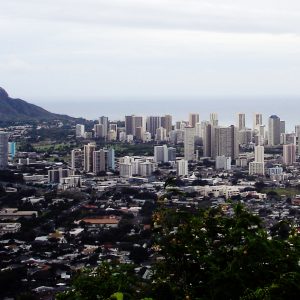The Stream, September 8:
The Global Rundown
“Water security continues to deteriorate for many civilians [in Syria]. Evidence shows that control over power and water infrastructure is [being] used as a weapon of warring parties.” –Noosheen Mogadam, a policy adviser with the Norwegian Refugee Council. Experts said damaged infrastructure, neglected maintenance, and power shortages have reduced access to safe water in Syria by 50 percent, contributing to the refugee crisis. (Guardian)
By The Numbers
$9 billion Amount of a proposed water infrastructure spending bill making its way through the U.S. Senate. The measure includes a $280 million provision to help Flint, Michigan recover from a lead-contaminated water crisis. The New York Times
$5 Average amount a former farmer in Zambia said she can make in a day through prostitution, much more than she could from growing crops. Chronic drought and poverty has pushed some rural women into the sex trade. Reuters
Science, Studies, And Reports
Russia is investigating an incident in the city of Norilsk, where the Daldykan river turned a brilliant shade of red earlier this week. The color change may have been caused by a break in a slurry pipe at the city’s nickel factory, according to the Ministry of Natural Resources and Environment. Guardian
On The Radar
Malaysia is extending a ban on bauxite mining through the end of the year, according to the country’s environment minister. The government initially enacted the ban in January following concerns about water pollution and environmental degradation. Reuters
A news correspondent for Circle of Blue based out of Hawaii. She writes The Stream, Circle of Blue’s daily digest of international water news trends. Her interests include food security, ecology and the Great Lakes.
Contact Codi Kozacek





